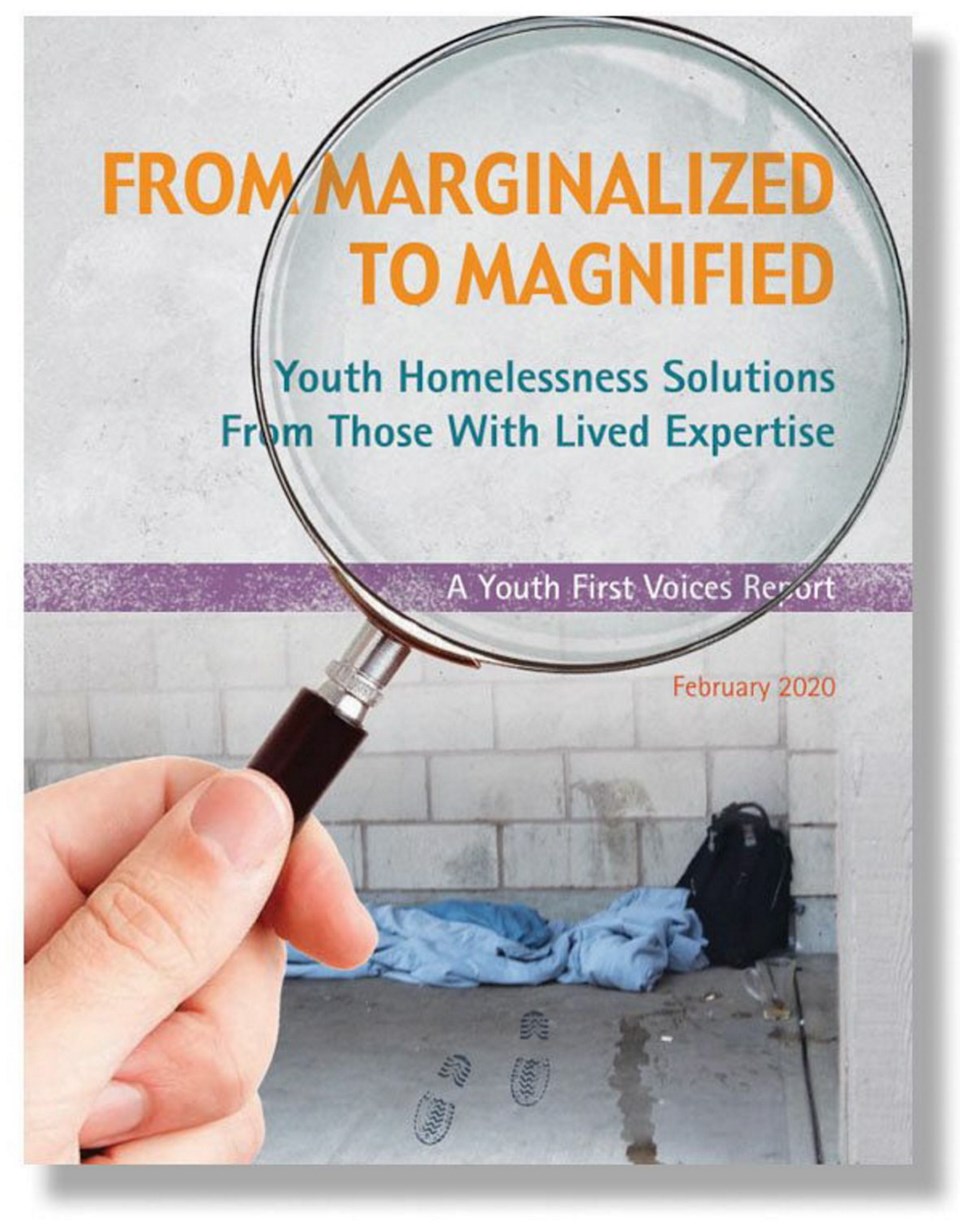 A lot of experts routinely shuttle through legislature committee hearings, testifying about whatever issue is at hand.
A lot of experts routinely shuttle through legislature committee hearings, testifying about whatever issue is at hand.
Not many are as compelling as the young woman who talked to MLAs about youth homelessness recently.
Katherine McParland briefed the children and youth committee on youth homelessness based on her experience running a promising new support agency in Kamloops. But her testimony was also based on her own experience as a homeless street kid who encountered years of anxiety and trauma.
Against long odds, she found in that dismal, frightening childhood a purpose — to work on the problem of youth homelessness, so others won’t go through what she did.
She was born to a troubled family and became a permanent ward of the foster care system at 13, going through 28 placements. One of them had a lock on the fridge, so the kids had to use the food bank routinely.
She was put in an independent living program for lack of any better ideas, but it eventually led to eviction and degrees of homelessness.
When she aged out of the care system, she wound up in basement suite and a very unsafe situation.
An abusive predator kicked her door down and assaulted her, confining her with duct tape.
The landlord wouldn’t secure the suite and evicted her, throwing her belongings out in the November rain. The next few years were a grind of motels, couch-surfing and risky situations.
So her opening remarks to the committee had an authentic ring.
“It’s cold, dark and the snow is falling. Your feet are numb, with fingers like icicles … you try to remember the last time you ate. Loneliness sets in as you remember loved ones from the past.
“A car pulls over, you get in. You don’t know who the person is. Can this person help? In desperation, you place your wet socks on the dashboard praying that they will dry. Is there anyone to help?”
Her inner strength helped her find her purpose in all those difficulties. But landing a secure home in 2011 was the key, she says.
With that stability, she went back to school. She graduated Thompson Rivers University and founded A Way Home Kamloops along the way.
She connected with the Representative for Children and Youth on a practicum and that led to her being commissioned for an in-depth report on youth homelessness. The key point is that is was largely written by homeless youth.
She got a group of youth with first-hand experience and they connected with 160 other young people around B.C. to dig into the problem.
It’s a harrowing read. Among other things, some of the team members want the word “care” detached from “foster care.” Because they say there is so little care.
McParland was challenged by MLAs on her description of foster programs, but stood by it: “Foster care is the superhighway to homelessness. That was my experience, and that’s the experience of many other young people.”
The main conclusion is an audacious request for a commitment to deliver a plan within a year to end youth homelessness.
Promises to tackle general homelessness have been delivered for years, but it’s still a blatantly obvious feature of modern life.
Former Vancouver mayor Gregor Robertson promised in 2008 to end street homelessness by 2015. Didn’t happen, despite strong efforts. (The promises never seem to recognize it has to be solved nationally, since people move across the country as they choose.)
Concentrating on one aspect of the problem might make more progress, but even narrowing the scope would involve significant outlays. The report — From Marginalized to Magnified — Youth homeless solutions from those with lived expertise — has a number of grim observations about disturbing falldowns in the current arrangements.
Some encouragement is sprinkled in the report — some Aboriginal projects, the Bladerunners program in Vancouver, an established program in Kelowna and The Foundry project in various locales.
The shining example is McParland’s Kamloops effort. Started in an abandoned building six years ago, it got various groups together through diverse funding sources to provide housing. It managed 130 referrals last year and provided homes for 71 of them, including three babies.
McParland has told her remarkable story elsewhere. Now it’s resonating in the capital.



